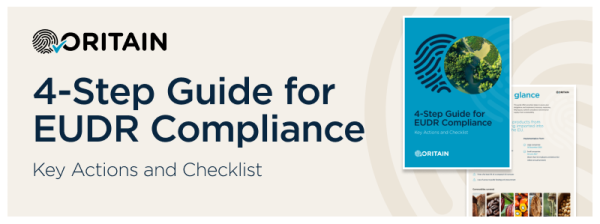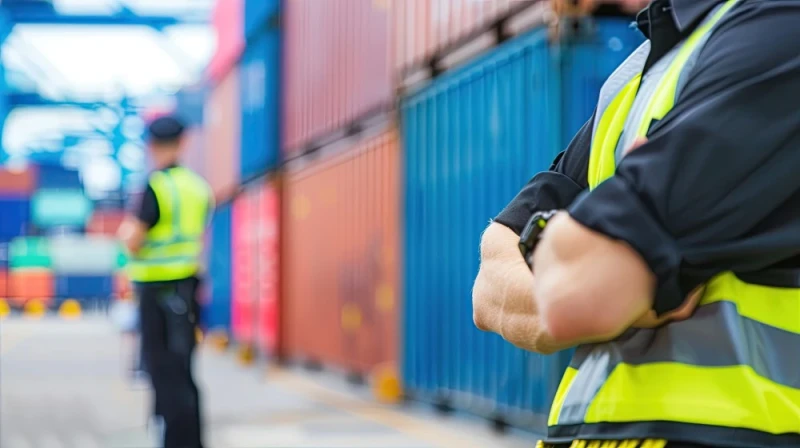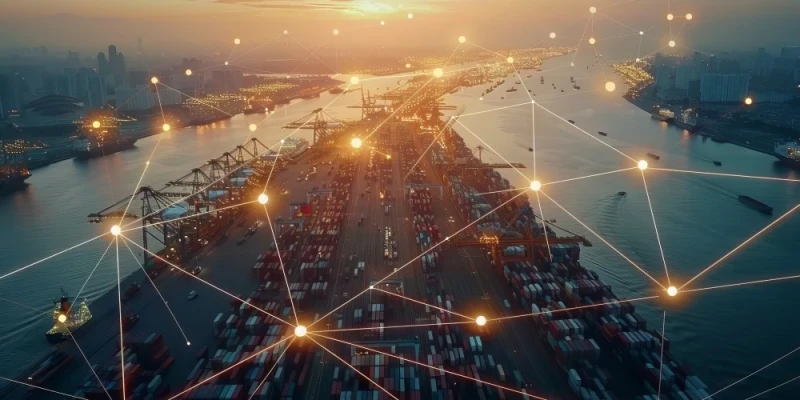Why EUDR Compliance Can’t Wait: 5 Reasons Businesses Must Act Now
By Michela Mossali | 9 July 2025
minutes to read.
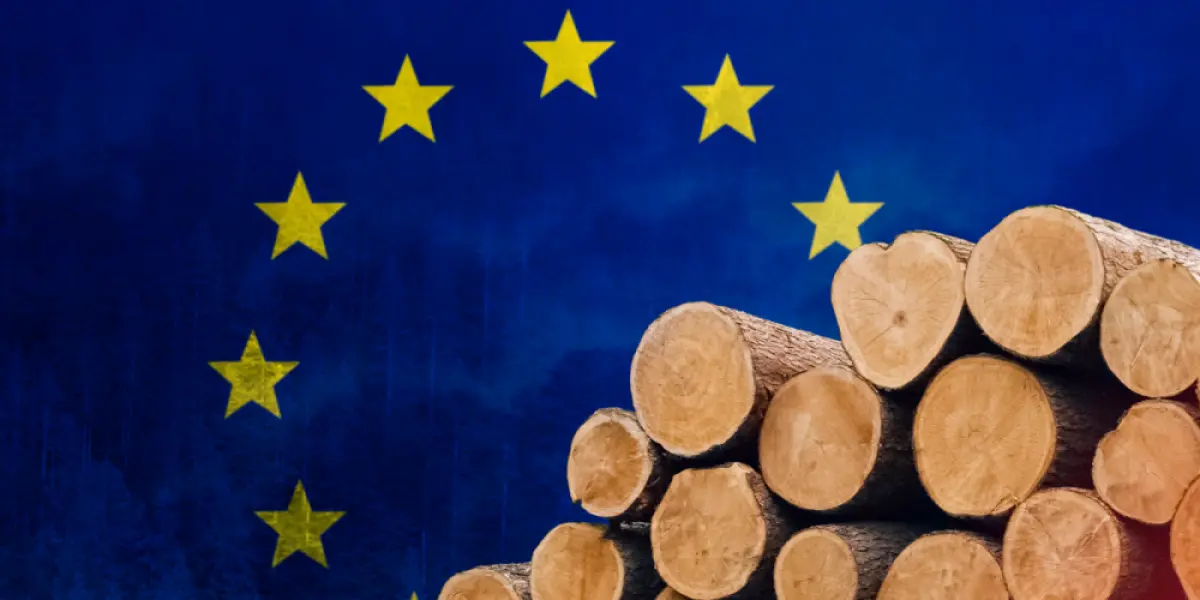
The EU Deforestation Regulation (EUDR) is an important piece of legislation designed to combat the exploitation of our planet's forests for commercial gain.
Its objective is to support deforestation-free supply chains, where commodities and raw materials such as coffee, timber, leather and cattle are not sourced from deforested land.
The legislation explicitly prohibits the import into or export out of the EU market of products sourced from land deforested after 31 December 2020. The continued loss of our forests poses a severe threat to millions of lives and species and significantly contributes to global warming.
Earlier this year, the European Commission issued the latest guidelines and published the country risk classification categories. They also doubled-down on the importance of origin and accuracy of the information submitted.
Navigating the EU Deforestation Regulation has become critical for businesses. With enforcement on the horizon, the clock is ticking to ensure their compliance methods are robust and sufficient.
These are the top reasons why EUDR compliance must now be a priority for businesses operating in the EU.
1. Broad scope and stiff penalties under the EUDR
The EUDR casts a wide net, impacting companies in key industries such as coffee, cocoa, wood, palm oil, cattle, rubber, and soy. This also extends to derivative products, including leather, chocolate, furniture, and printed paper.
These industries are massive contributors to global trade. Imports of beef or cattle, coffee, cocoa, palm oil, and soy into the EU are valued at €85 billion per year.
The coffee industry alone is valued at €10.6 billion, with 2.7 million tons of coffee imported from non-EU countries in 2023. The value of the sector has risen over €3 billion since 2013.
Failing to meet deforestation compliance carries serious financial repercussions. The regulation recommends fines of at least 4% of a company’s EU turnover, proportionate to the environmental damage caused and the value of the commodities involved.
That means a company transacting €500 million in the EU would face potential noncompliance fines of at least €25 million.
While countries classified as high risk will face the greatest monitoring and enforcement, it's crucial to remember that Member States will be enforcing compliance across all country risk categories and all industries, regardless of perceived risk level.
Clearly, the breadth and scope of the EUDR is significant – and the penalties equally so.
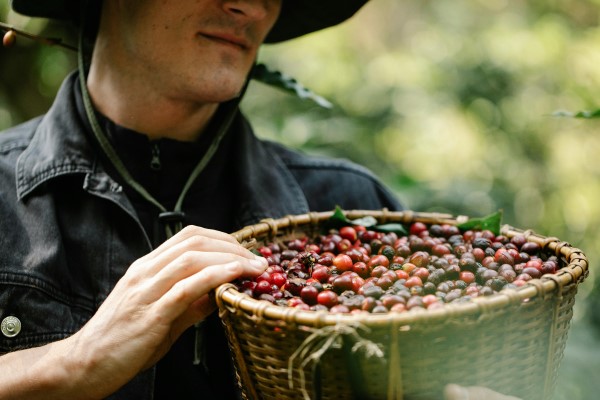
2. Standard risk still demands high-risk compliance
A common misconception is that if a business isn't sourcing products or materials from a high-risk country, they are somehow exempt from stringent due diligence. This is not the case.
The requirements for standard risk countries are effectively the same as for high risk. Businesses sourcing from standard risk countries must apply the same level of sourcing scrutiny to ensure compliance.
For example, a company sourcing timber from Belarus (high risk) would need to apply the same timber supply chain due diligence as sourcing from Brazil (standard risk).
There is no room for complacency. Businesses adopting a "standard risk mindset" could find their compliance efforts are insufficient in the eyes of regulators.
3. Product traceability and geolocation data are non-negotiable
Product traceability remains an essential component of even the simplified due diligence requirements for low-risk countries. Simply not knowing – or being unable to prove – where your materials come from is unacceptable at any risk level.
Businesses must implement robust traceability systems that allow them to verify the origin of their products. Due diligence statements are required to include the country of production for commodities and the geolocation of the plots from which they originate.
Crucially, due diligence is based on the product's origin, not the country of manufacture or export if these differ.
Therefore, if a business sells Indonesian cocoa beans from a manufacturing facility in France, they must verify that the beans genuinely originated in Indonesia – not that the beans ‘came from’ France.
4. EUDR risk categories can change
It's vital to understand that the European Commission's risk categories are not static and can change at any time. A country currently classified as low risk could be upgraded, which would instantly increase compliance requirements for businesses sourcing from that region and would require Member States to increase their enforcement action.
This means that raw materials a business previously considered compliant could suddenly fall under stricter regulations. Coffee brands sourcing beans from Costa Rica would find their business needing more rigorous diligence if the risk level for Costa Rica were raised from low to standard risk, for example.
Businesses that are not adequately verifying the origin of their products could find themselves caught off guard and facing significant non-compliance penalties.
5. Blended products inherit high risk requirements
The due diligence for blended products is determined by their highest risk component. Many products are manufactured using materials sourced from diverse locations, some of which may be low risk while others are high risk.
If a product contains even a single high-risk or standard-risk country component, businesses must perform due diligence at the higher risk level for the entire product. This becomes particularly challenging with complex supply chains or when the origin of certain components is unclear.
Commodities like coffee or cocoa are frequently mixed or blended, inherently increasing the risk of them being combined with materials originating from high-risk deforestation areas.
The EU Commission itself warns businesses to be extra careful about commodities with complex supply chains where blending is very common and stresses the need to verify that the origin information linked to such products is correct.
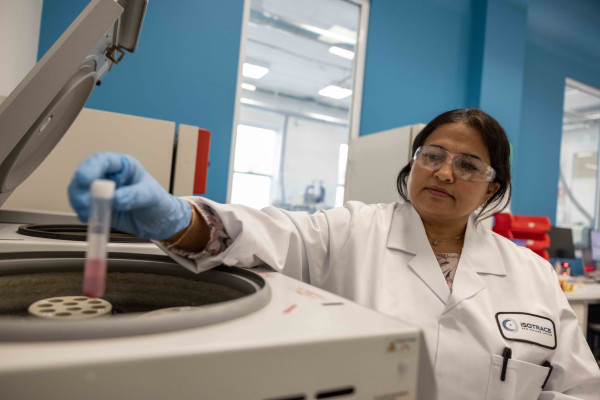
Scientific verification: The strongest path to EUDR compliance
The importance of scientific evidence is a recurring theme throughout the EUDR's wording. Chemical analyses, for example, are among the tools that enforcement authorities will use to verify submitted due diligence statements.
At the same time, the EU Commission encourages operators to check the quantity and origin of certified materials across their supply chain with tools such as chemical analysis.
Supply chain verification through science-based methods are more reliable than relying on paper-based methods or supplier declarations. Science is precise, factual and trusted, while traditional or digital tools can be prone to data inaccuracies.
Employing science-based tools as part of your risk assessment and mitigation efforts demonstrates a strong alignment with both the spirit and the letter of the legislation. Therefore, scientific verification supports EUDR compliance for brands and suppliers.
Oritain's innovative forensic science offers a powerful solution by testing finished goods and raw materials to verify product origin – a key requirement of EUDR due diligence. Commodities falling under the scope of the EUDR – coffee, cocoa, wood, and others – can all be audited by Oritain in this way.
By analyzing samples of products and raw materials, Oritain can scientifically verify the critical origin information that the EUDR demands for compliance, providing businesses with an undeniable layer of assurance.
With implementation of the EUDR imminent, it’s essential for businesses to protect themselves with the most reliable solution available. The time to get organized is now.
Learn more about how Oritain’s scientific verification can help your business comply with the EUDR by contacting us to speak with one of our team.
Disclaimer: The information provided in this document does not and is not intended to constitute legal advice. Instead, all information presented here is for general informational purposes only. Counsel should be consulted with respect to any particular legal situation.
